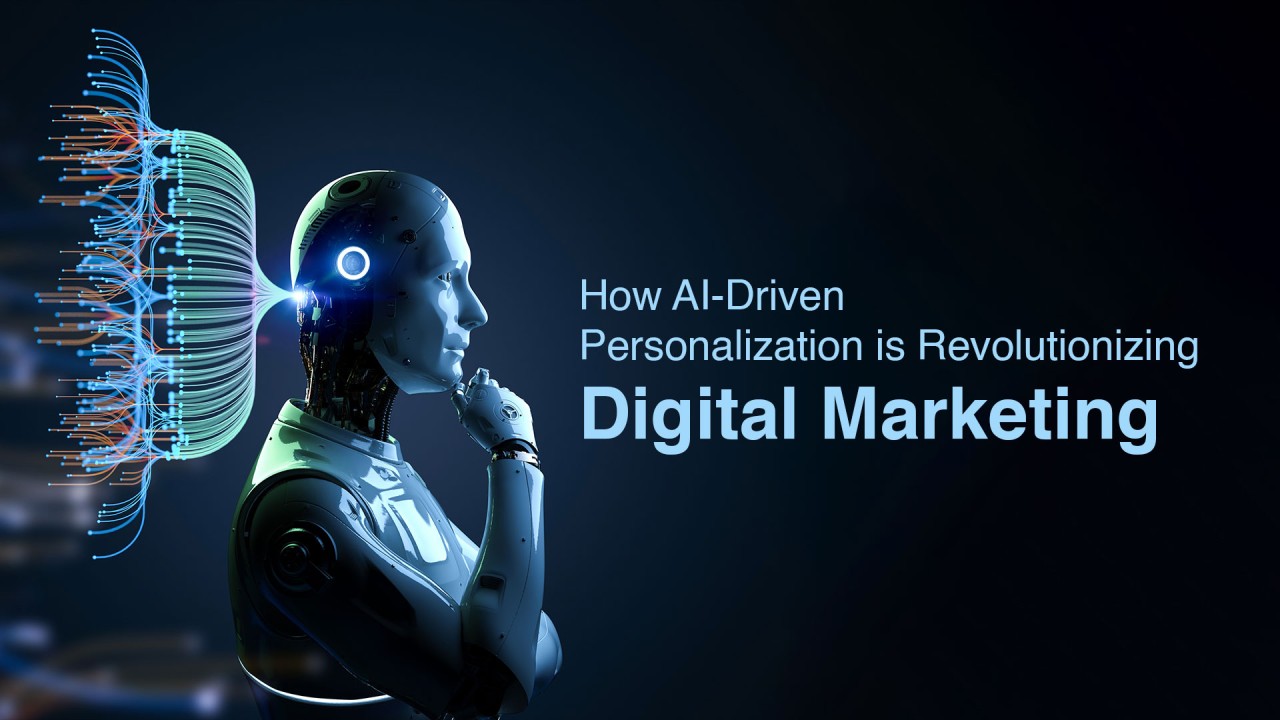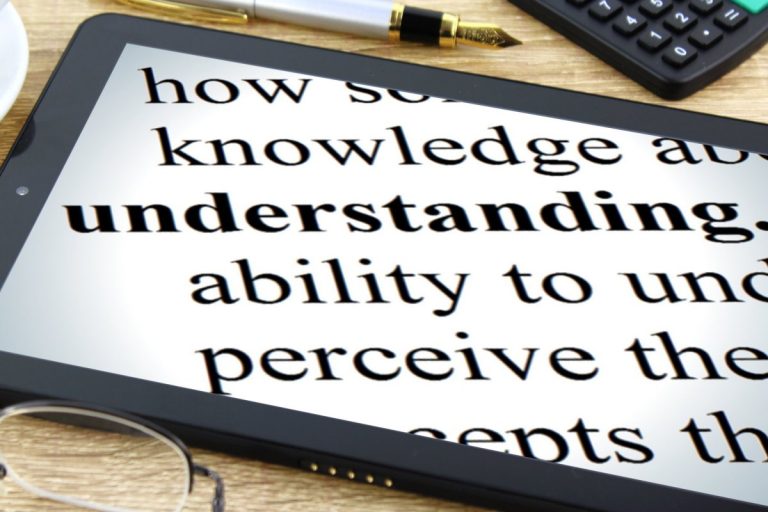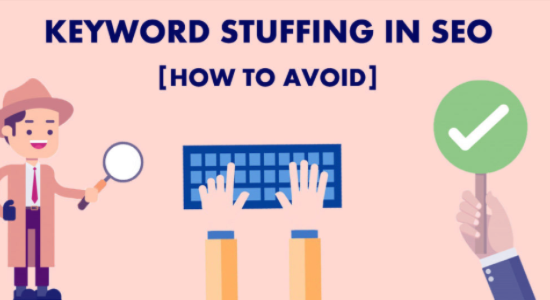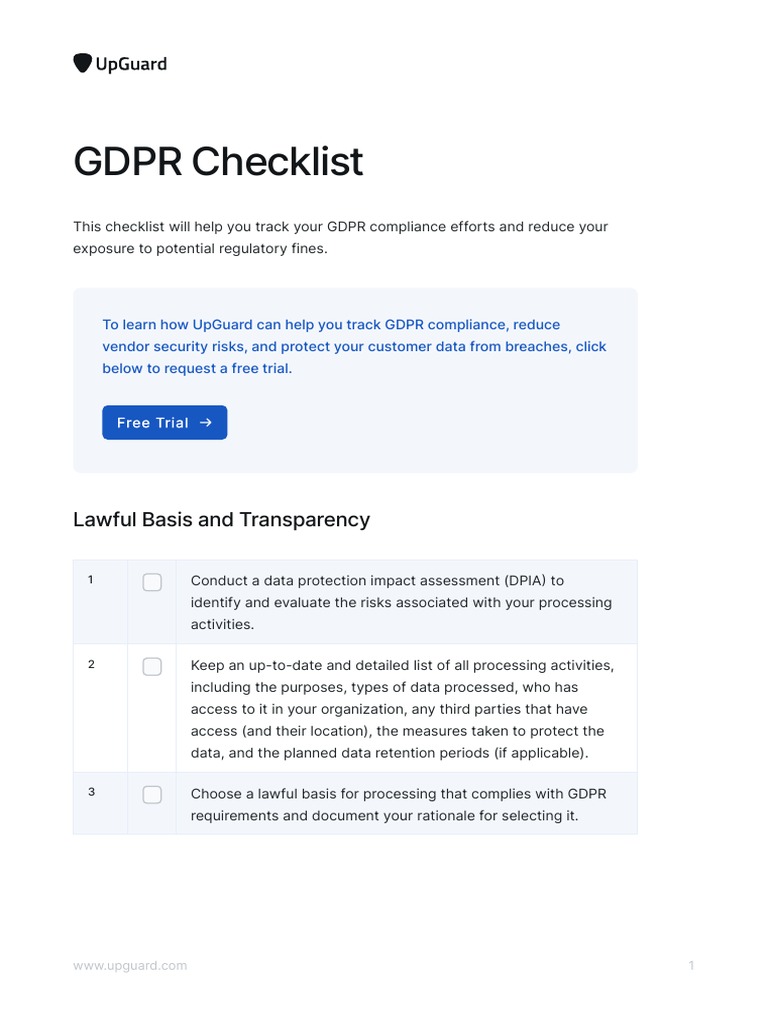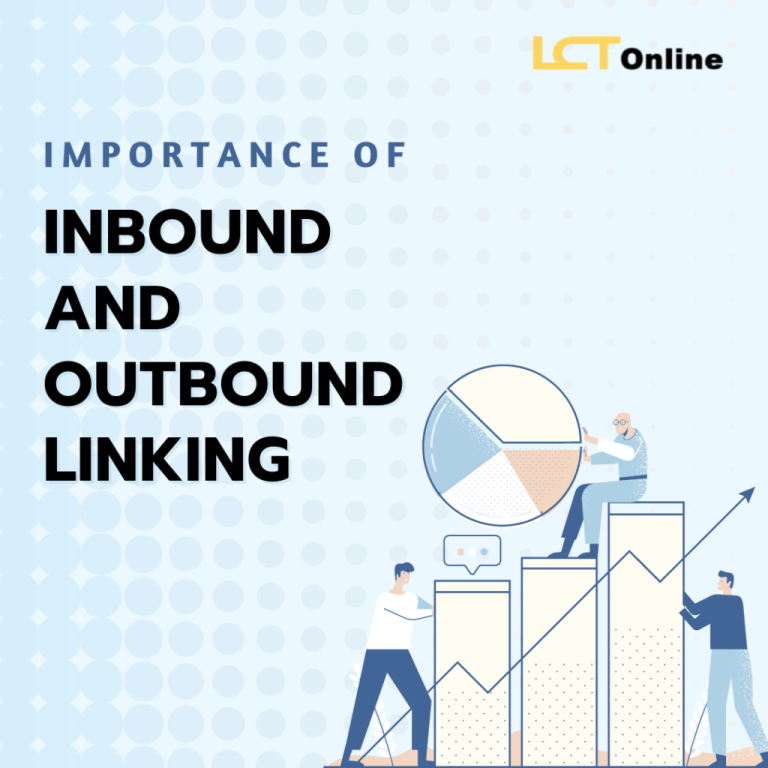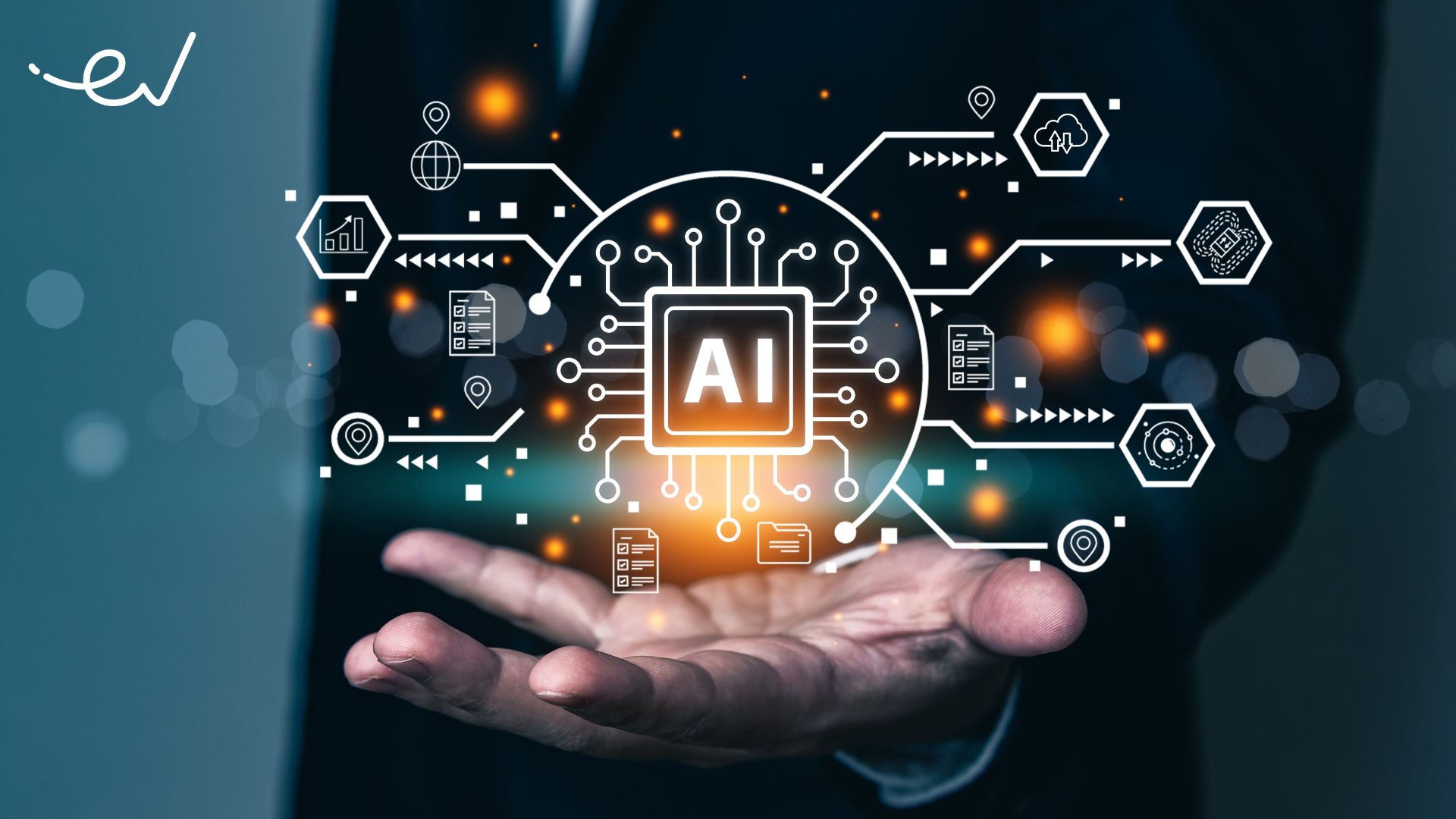
In the rapidly evolving digital landscape of 2025, artificial intelligence (AI) has become a cornerstone of effective digital marketing. As search engines and AI systems continue to shape how brands connect with their audiences, mastering these technologies is no longer optional—it’s essential. This article explores ten proven strategies that will help you harness the power of AI in your digital marketing efforts, ensuring your brand remains visible, relevant, and impactful.
1. Optimize for Structured Data and Generative Engine Optimization (GEO)
One of the most critical steps in leveraging AI for digital marketing is optimizing your website for structured data and Generative Engine Optimization (GEO). In 2025, search engines and AI systems are increasingly relying on structured data to understand and rank content more effectively.
Structured data, such as schema markup, acts as a digital ID for your brand, providing clear information about your mission, logo, reviews, and other key details. Google’s Q1 2025 algorithm update increased the weight of structured data by 8%, making it an essential component of your SEO strategy. Additionally, AI is now capable of inferring intent from unstructured content, meaning your blog posts, videos, and social media content must be consistent and well-optimized.
2. Build Trust Through the Knowledge Graph and High-Quality Content
Trust is a crucial factor in both human and AI interactions. In 2025, AI systems are becoming more adept at cross-referencing information, making it imperative for brands to establish credibility through the Knowledge Graph and high-quality content.
The Knowledge Graph serves as a trust badge for your brand, and maintaining an accurate Google Business Profile can significantly boost your visibility. A 2024 Search Engine Journal study showed a 15% increase in organic clicks for brands listed on the Knowledge Graph. Furthermore, AI systems are now scrutinizing not just your website but also your social media presence, reviews, and even your X (formerly Twitter) posts.
To build trust, focus on creating content that educates or solves problems rather than simply promoting your products or services. This approach not only improves your search rankings but also enhances user engagement and loyalty.
3. Enhance User Engagement with Slick UX and Real-Time Personalization
User engagement is a key metric that AI systems use to determine the relevance and quality of your content. In 2025, AI is personalizing search results in real time based on user behavior, mood, and context. This means that your website’s design, load speed, and overall user experience (UX) play a significant role in how AI perceives your brand.
Google’s Core Web Vitals have been tightened again in 2025, emphasizing the importance of site speed and easy navigation. BrightLocal reports a 13% local ranking boost from a strong review presence, highlighting the value of positive user feedback. Additionally, engagement metrics such as bounce rate, dwell time, and click-through rate (CTR) are now weighted heavily in Google’s algorithm.
To enhance engagement, ensure your website is fast, mobile-friendly, and easy to navigate. Incorporate interactive elements and personalized experiences to keep users on your site longer. AI systems will reward these efforts by improving your search rankings and increasing user satisfaction.
4. Adapt Your Brand Voice to AI-Driven Personalization
In 2025, AI is not just analyzing your content; it’s rewriting it. Search engines are beginning to tweak your brand’s voice on the fly, adjusting tone and style based on user data. This means your brand must be adaptable while maintaining a consistent core identity.
Tools like Google’s experimental “PersonaLens” could scan your content and remix it to match searcher intent. For example, a serious tone might be used for executive audiences, while a more casual tone could resonate with younger users on platforms like X. However, it’s crucial to maintain your brand’s mission, values, and visual identity to avoid confusion.
Keep your core messaging tight, but allow AI to flex the delivery. Monitor metrics like dwell time and sentiment spikes to understand how your audience is responding. By striking this balance, you’ll ensure your brand remains relevant and engaging across different platforms and user segments.
5. Leverage AI-Powered Tools for Real-Time Brand Management

AI-powered tools are becoming indispensable for managing your brand’s online presence. These tools can analyze your website, social media, and reviews to suggest tone tweaks and content pivots based on what AI search models prioritize. One such tool is BrandSync AI, which acts as a digital DJ, spinning your brand’s story for search engines and users alike.
By using tools like BrandSync AI, you can stay nimble as algorithms evolve. These tools can flag when your brand is drifting off-message, helping you maintain consistency while adapting to changing trends. This real-time feedback loop ensures that your brand remains aligned with user expectations and AI preferences.
6. Focus on Hyper-Personalization and Predictive Analytics
Hyper-personalization is one of the most exciting developments in AI-driven digital marketing. As AI algorithms become more sophisticated, they can deliver highly personalized experiences tailored to individual users. Imagine receiving product recommendations based on your unique tastes or seeing ads that perfectly align with your current needs and interests.
Predictive analytics is another area where AI is making a significant impact. By analyzing historical data and user behavior, AI can predict future trends and consumer behaviors. This allows you to proactively adjust your marketing strategies, staying ahead of the curve and anticipating market shifts.
To leverage hyper-personalization and predictive analytics, invest in AI tools that can analyze user data and generate insights. Use these insights to create targeted campaigns that resonate with your audience on a deeper level.
7. Embrace Automated Marketing Campaigns
AI-powered marketing automation is revolutionizing the way businesses create, launch, and optimize campaigns. In 2025, we can expect a rise in AI-driven platforms that can handle entire campaigns with minimal human intervention. This streamlines processes, reduces costs, and frees up time for more strategic tasks.
Automated marketing campaigns can include everything from email marketing and social media posting to ad targeting and customer segmentation. By leveraging AI, you can ensure that your campaigns are always running efficiently and effectively, even when you’re not actively managing them.
To get started, explore AI marketing automation tools that integrate with your existing systems. These tools can help you track performance, make data-driven decisions, and continuously improve your marketing efforts.
8. Optimize for Voice Search and Conversational AI
With the increasing popularity of voice search, optimizing your content for this medium is essential. Conversational AI, including chatbots and virtual assistants, is becoming more sophisticated, allowing for more natural and engaging interactions with users.
To optimize for voice search, focus on long-tail keywords and conversational phrases that users might use when speaking to a voice assistant. Ensure your content is concise, informative, and easy to understand. Additionally, incorporate structured data to help voice assistants provide accurate answers.
Conversational AI can also enhance customer support by providing instant responses to common queries. This improves user satisfaction and frees up human resources for more complex tasks.
9. Utilize AI for Creative Content Generation
AI is not just transforming how we analyze data and engage with users; it’s also reshaping the creative aspects of digital marketing. Tools like GPT-3 are already generating compelling copy, designing visuals, and even composing music. This technology can revolutionize the way we create marketing content, making the process faster and more efficient.
By leveraging AI for creative content generation, you can produce high-quality, engaging content at scale. However, it’s important to maintain a human touch to ensure authenticity and emotional connection. Use AI as a tool to enhance your creativity, not replace it.
10. Stay Ahead of Ethical Considerations and Algorithmic Changes
As AI continues to evolve, ethical considerations and algorithmic changes will play a significant role in shaping the future of digital marketing. Brands caught greenwashing or spamming could face AI-driven “trust penalties,” making it crucial to maintain transparency and integrity in your marketing practices.
Stay informed about algorithm updates and ethical guidelines to ensure your strategies remain compliant and effective. Regularly audit your digital footprint to identify and address any inconsistencies or issues. By staying proactive, you can navigate the complexities of AI-driven marketing and maintain a strong, trustworthy brand presence.
Conclusion
In 2025, AI is no longer just a buzzword—it’s a fundamental part of digital marketing. By implementing these ten proven strategies, you can master AI and position your brand for success in the ever-evolving digital landscape. From optimizing for structured data and building trust to embracing hyper-personalization and ethical considerations, each step plays a crucial role in ensuring your brand remains visible, relevant, and impactful. As AI continues to shape the future of marketing, staying ahead of the curve will be key to achieving long-term success.

